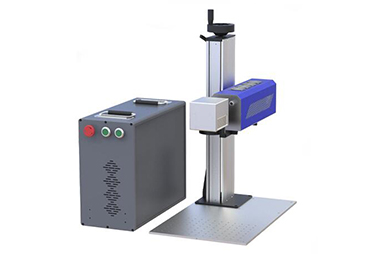Understanding Trimmed Resistors
Trimmed resistors play a crucial role in modern electronics, particularly when precision is paramount. These resistors are typically fabricated using thick film technology, which allows for the creation of highly reliable and stable components. Thick film resistors are made by applying a conductive paste onto a substrate and then firing it at high temperatures, ensuring a strong bond and excellent electrical characteristics. By trimming these resistors post-fabrication, manufacturers can fine-tune their resistance values to meet specific application requirements.
The trimming process involves removing a small amount of material, usually using laser technology or mechanical methods, to achieve the desired resistance. This capability makes trimmed resistors particularly appealing for applications where precision is critical, such as in medical devices or aerospace systems. Their compatibility with thick film technology further enhances their performance, as thick film resistors offer a robust solution capable of withstanding harsh environmental conditions.
The Advantages of Thick Film Resistors
Thick film resistors are renowned for their excellent thermal stability and reliability. These characteristics make them suitable for a wide range of applications, from consumer electronics to industrial machinery. The use of thick film technology allows for the production of resistors with very low temperature coefficients, ensuring minimal drift in resistance over time. This is particularly important in circuits where consistent performance is essential.
Furthermore, trimmed resistors manufactured through thick film technology provide an additional layer of precision. By allowing for fine adjustments after the initial fabrication, these resistors can meet exact specifications that standard resistors may not achieve. This is especially beneficial in high-precision applications, where the smallest variations in resistance can significantly impact overall circuit performance.
Applications of Trimmed Resistors in Modern Electronics
Trimmed resistors find extensive applications across various sectors, primarily due to their high accuracy and stability. In telecommunications, for instance, thick film resistors are used in signal processing and filtering circuits, where precision is key. Their ability to maintain consistent resistance values under varying environmental conditions makes them ideal for outdoor and ruggedized applications.
In automotive electronics, trimmed resistors are increasingly being utilized in advanced driver-assistance systems (ADAS). These systems require high-performance components that can deliver reliable data under challenging conditions. The integration of thick film technology ensures that the resistors can handle the thermal and mechanical stresses associated with automotive environments, while trimming allows for the fine-tuning necessary to meet stringent safety standards.
The Manufacturing Process of Thick Film Resistors
The manufacturing of thick film resistors involves several key steps that highlight the advantages of both trimmed resistors and thick film technology. Initially, a conductive paste is printed onto a ceramic substrate using screen printing techniques. After the paste is applied, the substrate is fired at high temperatures, causing the materials to bond and form a solid resistive layer.
Once the resistors are formed, the trimming process begins. This step is critical, as it allows manufacturers to adjust the resistance values to exact specifications. The use of lasers in this process has revolutionized the way trimmed resistors are made, providing a high degree of precision and minimal risk of damage to the substrate. The end result is a highly reliable thick film resistor that meets the rigorous demands of modern electronic applications.
The Future of Trimmed Resistors and Thick Film Technology
As technology continues to evolve, the demand for high-precision components like trimmed resistors will only grow. Innovations in thick film technology are paving the way for even more advanced manufacturing techniques, enabling the production of resistors with enhanced performance characteristics. Future developments may include improved materials that offer better thermal stability and lower noise levels, further increasing the applicability of thick film resistors in critical electronic systems.
Additionally, the integration of smart technologies and IoT (Internet of Things) will likely create new opportunities for trimmed resistors. As devices become more interconnected, the need for precise, reliable components will be paramount. Thick film resistors, with their inherent advantages, will play a vital role in ensuring the performance and reliability of these advanced systems.
Conclusion
In summary, trimmed resistors and thick film technology represent a significant advancement in the field of electronics. Their ability to provide high precision, reliability, and performance makes them indispensable in modern applications. As industries continue to demand more sophisticated electronic components, the role of trimmed resistors, supported by the robust characteristics of thick film resistors, will become increasingly prominent.
由用户整理投稿发布,不代表本站观点及立场,仅供交流学习之用,如涉及版权等问题,请随时联系我们(yangmei@bjjcz.com),我们将在第一时间给予处理。







